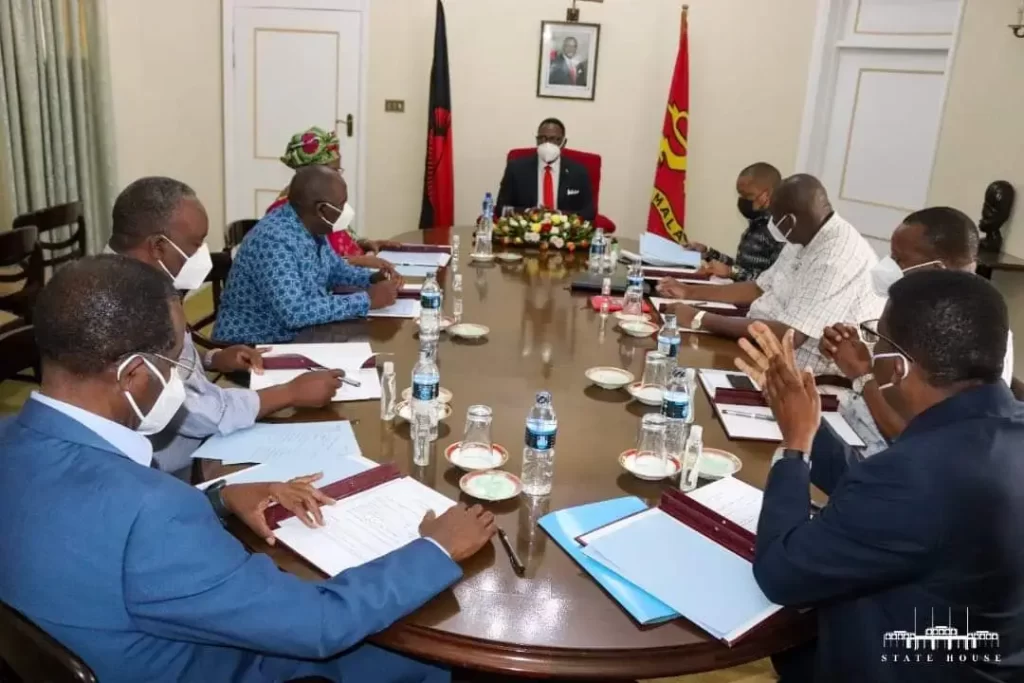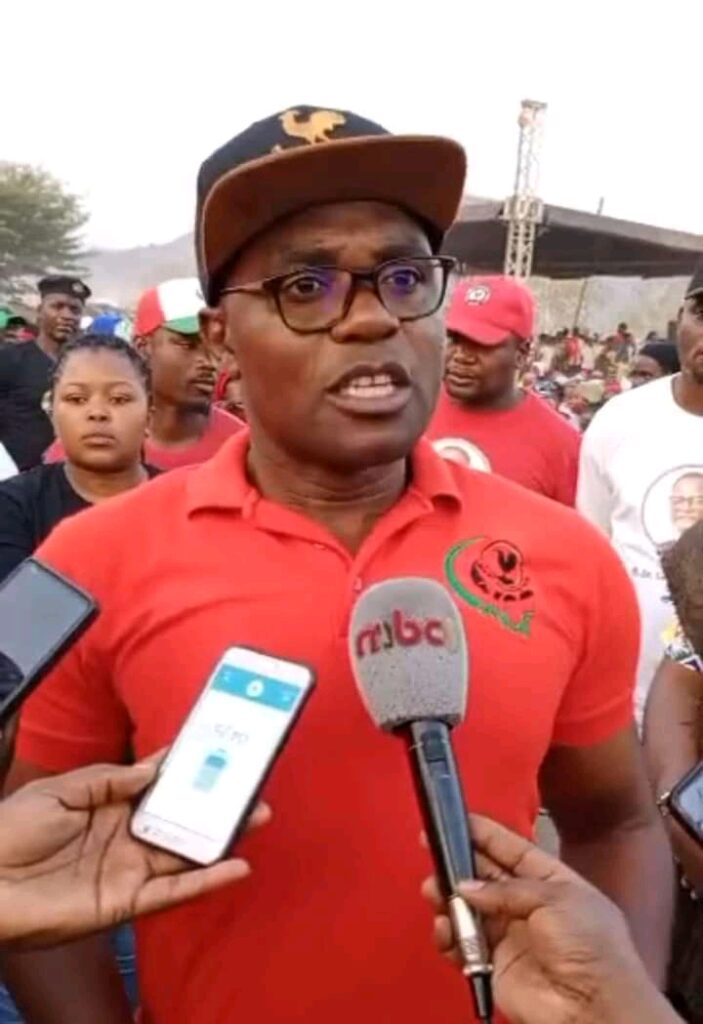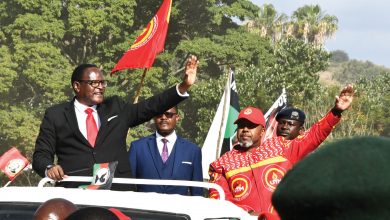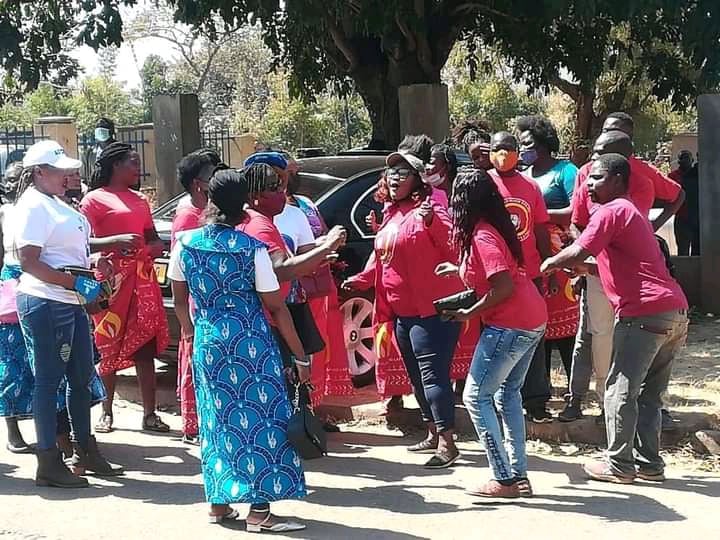
The Malawi Congress Party (MCP) has downplayed the decision by its key alliance partner, UTM, to leave the Tonse Alliance, saying the move does not spell the end of the partnership.
UTM’s Central Executive Committee announced on Friday that it would recommend to the party’s National Executive Committee to sever ties with the alliance, citing grievances over the terms of the agreement and perceived betrayal by MCP.
However, MCP Secretary General Eisenhower Mkaka said the UTM’s exodus is “unfortunate but does not spell the end of the alliance.”

“There are still more parties that believe in the Tonse partnership, and we will continue to work together to achieve our goals,” Mkaka said.
Governance commentator Undule Mwakasungula has described UTM’s decision as “emotional rather than strategic” and warned that it may not bode well for the party’s growth and future stability.
“This decision appears to be emotional rather than being a strategic party consideration… addressing grievances by exiting the alliance does not seem to be the best constructive approach,” Mwakasungula said.
UTM Party Secretary General Patricia Kaliati accused MCP of betraying and mocking the alliance agreement, saying, “The very existence of the agreement was denied and its terms mocked… our colleagues never went into the alliance with honourable or sincere intentions.”
However, Mkaka remains optimistic about the future of the Tonse Alliance, saying, “We will continue to work with like-minded parties to achieve our goals and deliver services to Malawians.”

The Tonse Alliance is a political partnership formed in 2020 by the MCP, UTM, and other opposition parties to contest the presidential election.
The alliance was successful in defeating the then-ruling Democratic Progressive Party (DPP) and saw MCP’s Lazarus Chakwera elected as President.
The alliance aimed to promote unity and cooperation among opposition parties to achieve political and economic reforms in Malawi.
However, conflicts arose within the alliance after the elections, with some parties feeling marginalized and excluded from key government positions and decision-making processes.
The Alliance for Democracy (Aford) has since left the alliance, citing similar grievances.

UTM’s departure now leaves the MCP with a significantly weakened alliance, raising questions about the future of the partnership and its ability to deliver on its campaign promises.
Despite the setbacks, the MCP remains committed to the Tonse Alliance, insisting that it will continue to work with remaining partner parties, including the People’s Party (PP), to achieve its goals.


